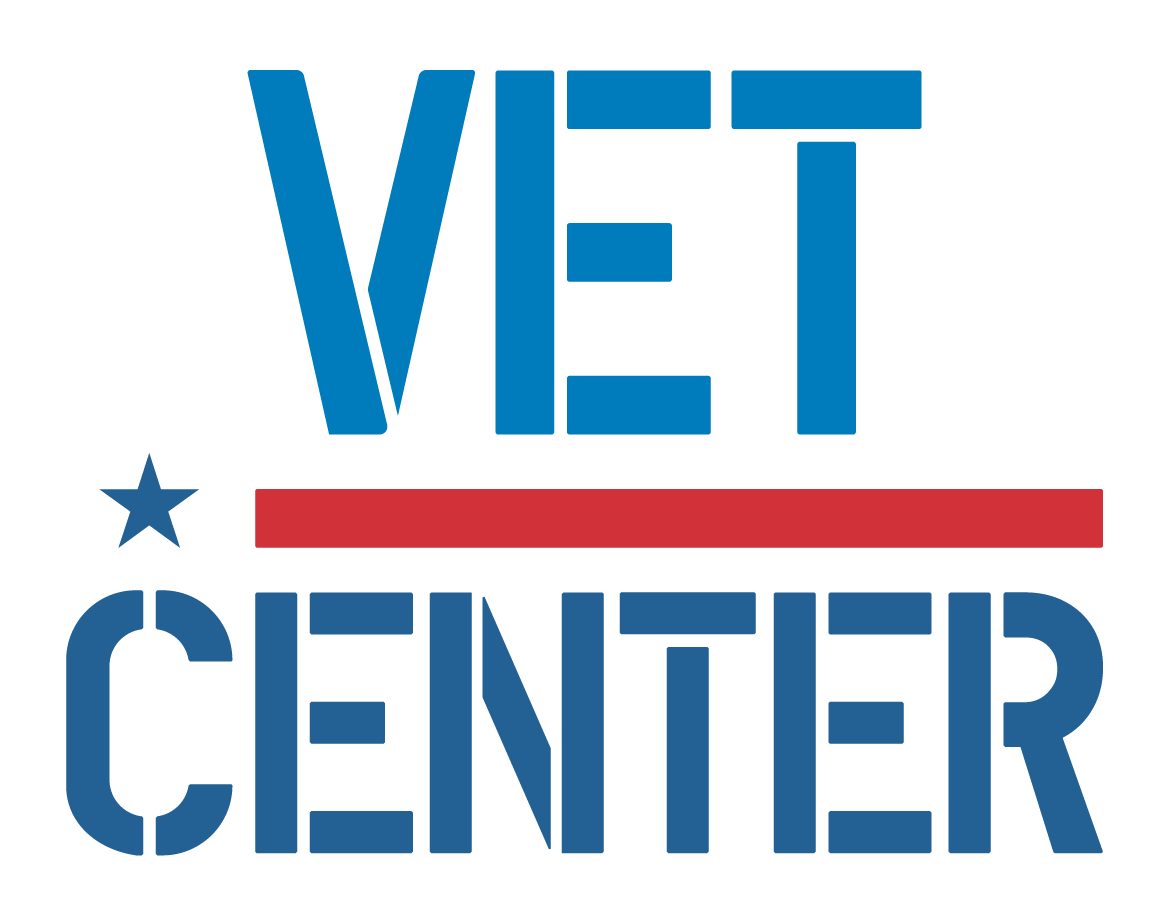Some Veterans’ distress may be related to very traumatic events like the death of someone from their unit, seeing people die, or sexual assault or abuse. Other Veterans’ difficulties may be the result of a major setback such as a divorce or job loss. Some people may think about hurting themselves because of the buildup of stress, depression, anxiety, or posttraumatic stress that makes life seem as if it’s just not bearable anymore.
No matter what the reason, people who think about dying may see suicide as the only way to escape their pain and feelings of hopelessness. It is important to realize that help is available, and that depression, anxiety, and hopelessness can be treated—even if you can't see a solution right now.
“It was so hard to push suicidal thoughts out of my mind that I would wake up and I would think about suicide. I would sleep for my two hours a night and I would dream about suicide. You know, I would go to bed thinking about suicide.”
Most people who think about harming themselves are dealing with difficult experiences or conditions that can be successfully treated, such as these:
- Depression
- Anxiety
- Bipolar disorder
- Schizophrenia
- Alcohol or drug problems
- A history of physical, emotional, or sexual abuse, including military sexual trauma (MST)
- Traumatic brain injury (TBI)
- Posttraumatic stress disorder (PTSD)
If you are a Veteran or know a Veteran who is experiencing any of these signs, know that you are not alone and that help is available.
Some people, including some Veterans, hurt themselves and don’t intend to die, but are attempting to feel something or punish themselves. This, too, is risky behavior, and help is available. Never hesitate to talk to someone about these issues or to contact the Veterans Crisis Line if you need to talk to someone immediately.
If you are a Veteran or know a Veteran who is having thoughts of suicide, you should talk to someone right away. Your family and friends may already know that you’re having a tough time. You may want to turn to them and let them know what you’re feeling and thinking.
“I wanted to end it all because I thought I had failed myself as a corpsman. I had failed myself as far as I was concerned by not being the best Soldier that I could be. I felt like I also failed my family. My father had been a military man. He always told me: ‘When you serve, you serve 100 percent. Don’t come back any less than that.’”
You can also contact the Veterans Crisis Line, Dial 988 then press 1, use the online chat service, or send a text message to 838255. The Veterans Crisis Line offers free, confidential support, 24 hours a day, 7 days a week, 365 days a year. The Veterans Crisis Line can also connect you with a suicide prevention coordinator at your local VA.
You can also take a confidential self-check quiz to better understand what you’re going through and determine whether it might be a good idea to seek professional help. Your anonymous answers to a brief list of questions will be reviewed by an experienced counselor who will then send you a personal response on a secure website. The counselor will also provide you with resources and options for further follow-up.
Every day, Veterans from all military service branches and eras connect with proven resources and effective treatments. Here’s how to take the next step: the one that’s right for you.
New to VA? Apply for health care benefits.
- Getting started is simple. Create a free account online to help ease your enrollment process. To prepare to apply for VA health care in person, by telephone, or by mail, explore VA’s “How to Apply for VA Health Care” page.
- Not sure whether you are eligible for VA health care benefits? Read about eligibility for VA health care.
- Unsure of what kind of help you need? Call 877-222-VETS (877-222-8387) to find the right resources to meet your needs, Monday through Friday, 8:00 a.m. to 8:00 p.m. ET. If you have hearing loss, call TTY: 800-877-8339.
- Veterans’ family members and caregivers can see whether they qualify for VA medical benefits as a spouse, surviving spouse, dependent child, or caregiver. Explore family and caregiver health benefits.
Already enrolled in VA and interested in mental health support? Schedule a mental health appointment.
- If you’re already enrolled in and using VA health care, the fastest way to schedule VA appointments is to call the VA facility where you want to receive care.
- With VA appointments tools, you can schedule some VA health care appointments online, view details about upcoming appointments, and organize your health care calendar.
- If you’re not using VA medical services, contact your nearest VA medical center or Vet Center to talk about your needs.
What about other options at VA? VA offers a variety of tools and resources.
- The Veteran Training online self-help portal includes modules on managing anger, developing parenting and problem-solving skills, and more.
- Mental health apps for Veterans cover a variety of topics, ranging from PTSD to anger management to quitting smoking.
- VA TeleMental Health connects you with a VA mental health provider through a computer or mobile device in your home or at your nearest VA health facility. You can learn more about this option from your local VA medical center.
- Community-based Vet Centers provide confidential counseling, community engagement and referral services to eligible individuals and their families. You don’t need to be enrolled in VA healthcare or have a service connection to receive services. Find a Vet Center near you or call 877-927-8387, 24/7 to talk with a fellow Veteran about your experiences.
What about support outside of VA?
FindTreatment.gov and the National Resource Directory list programs outside of VA. Use these tools to find resources near you.
Learn more about what you can do if you are experiencing specific concerns related to feelings of hopelessness, such as depression, bipolar disorder, the effects of military sexual trauma, or posttraumatic stress.











